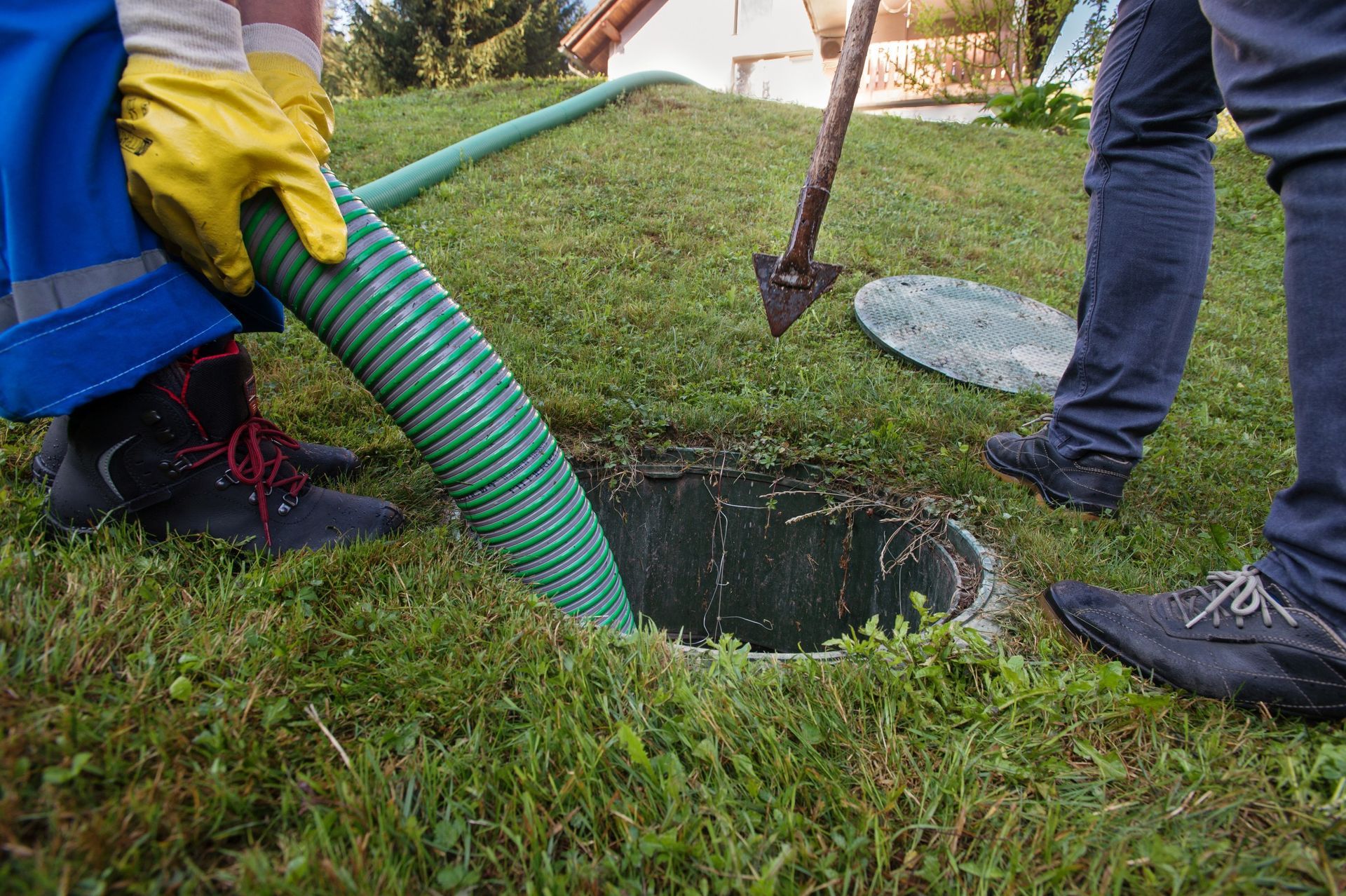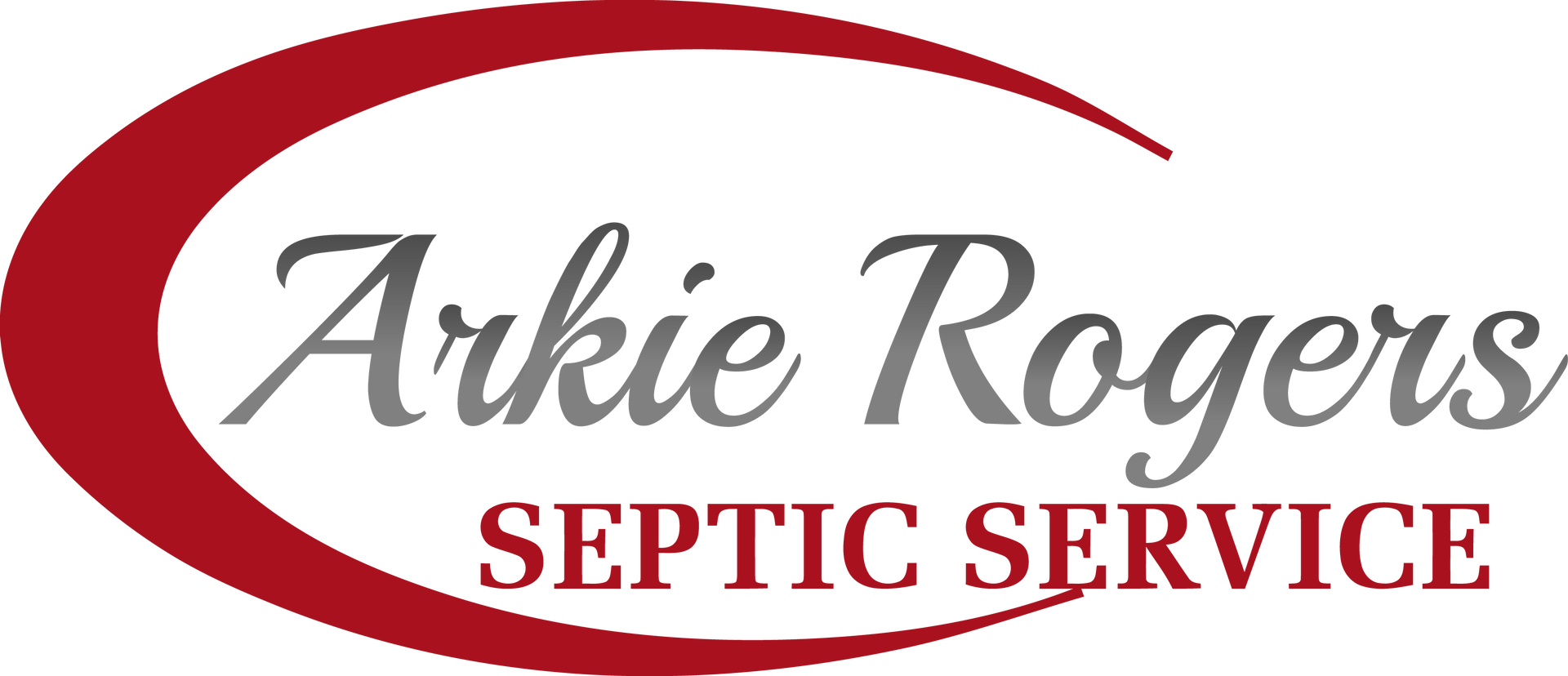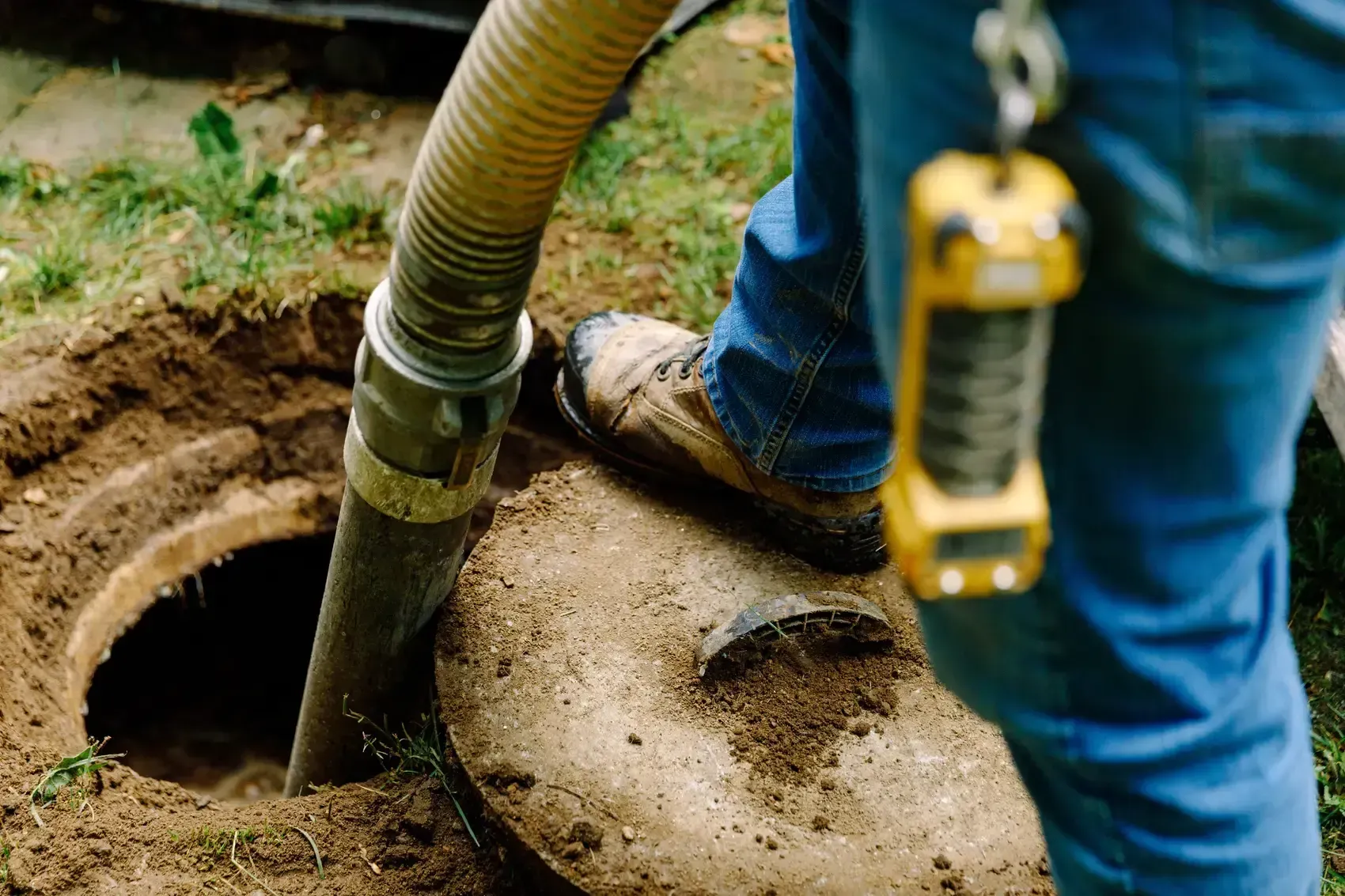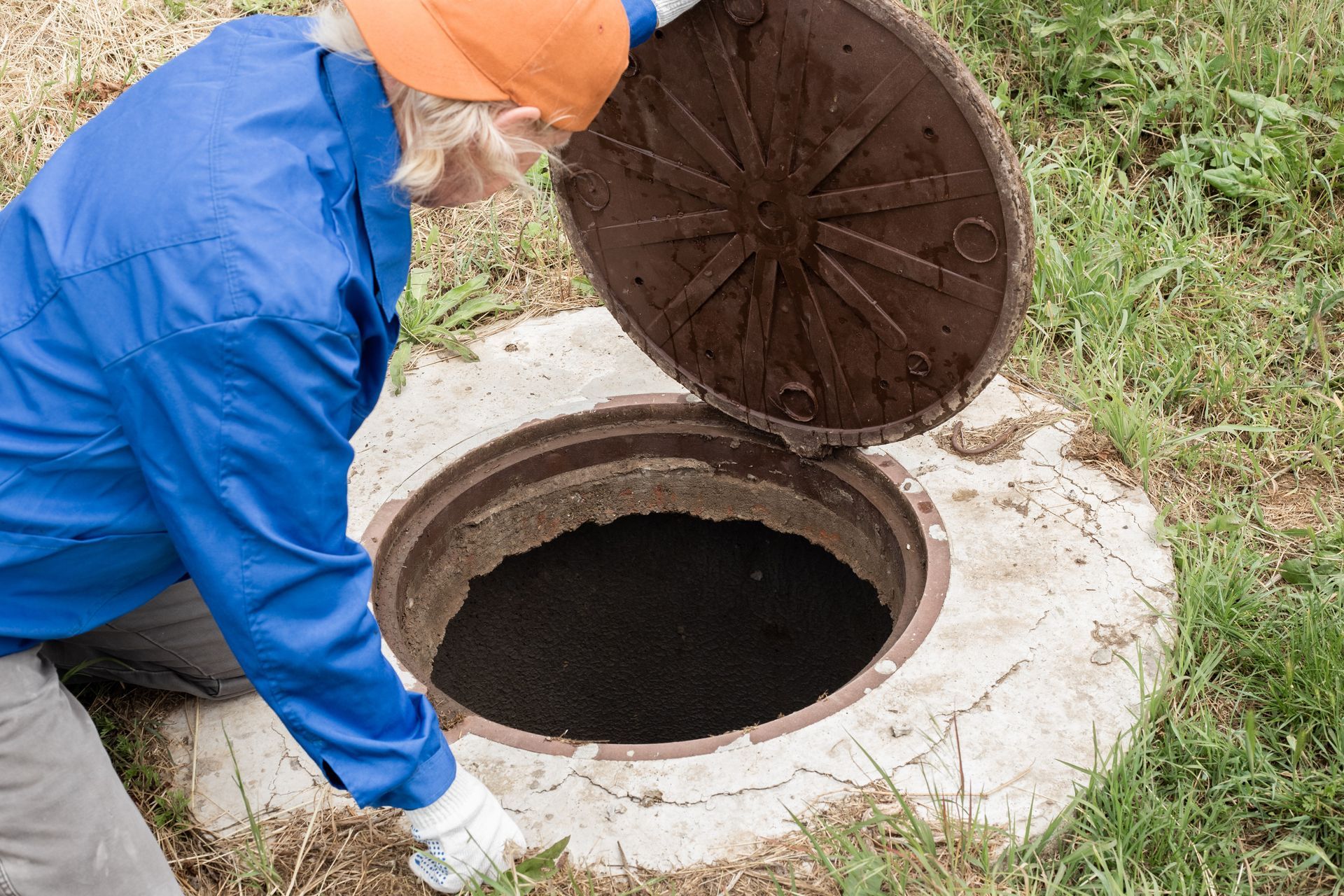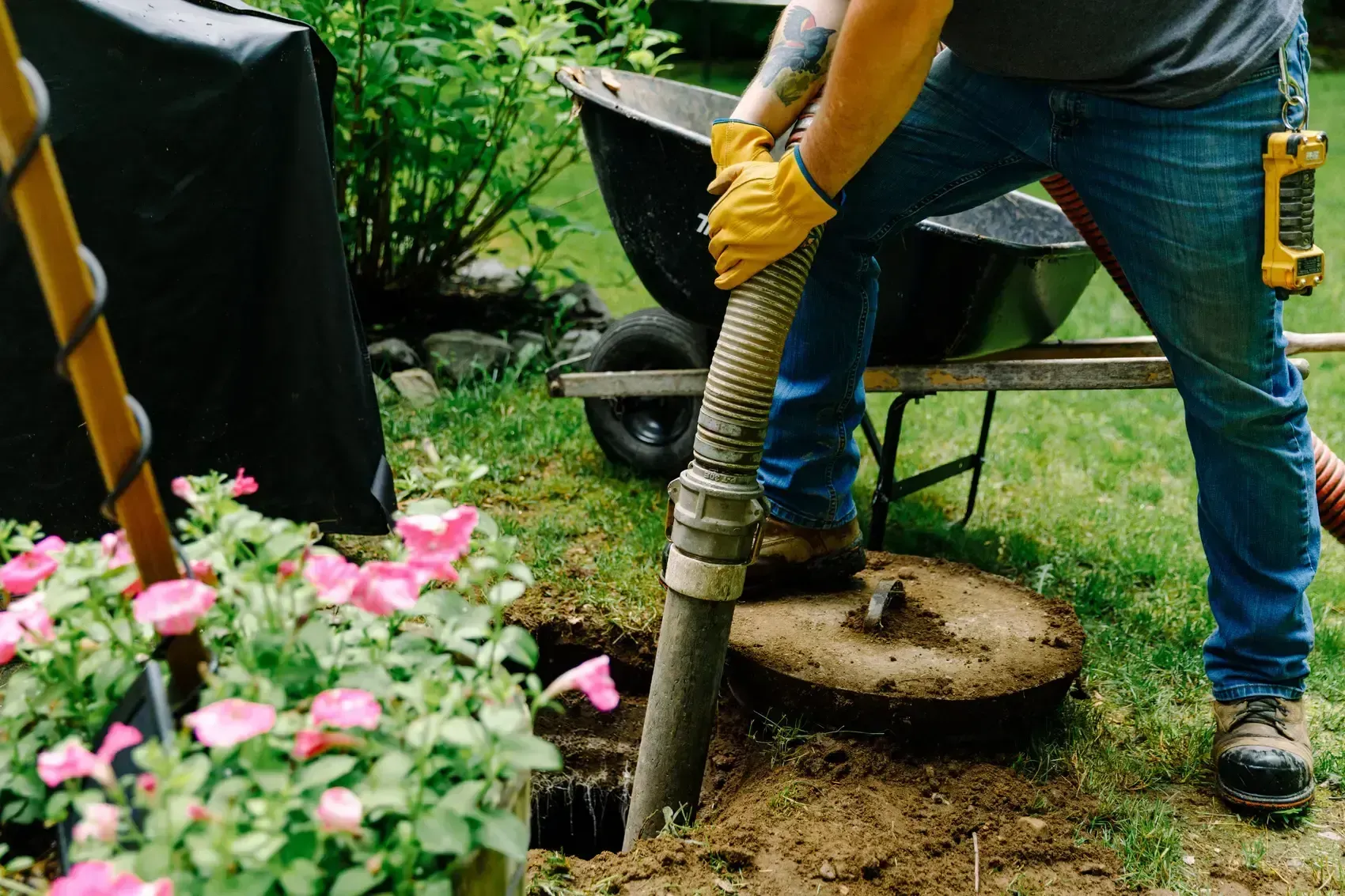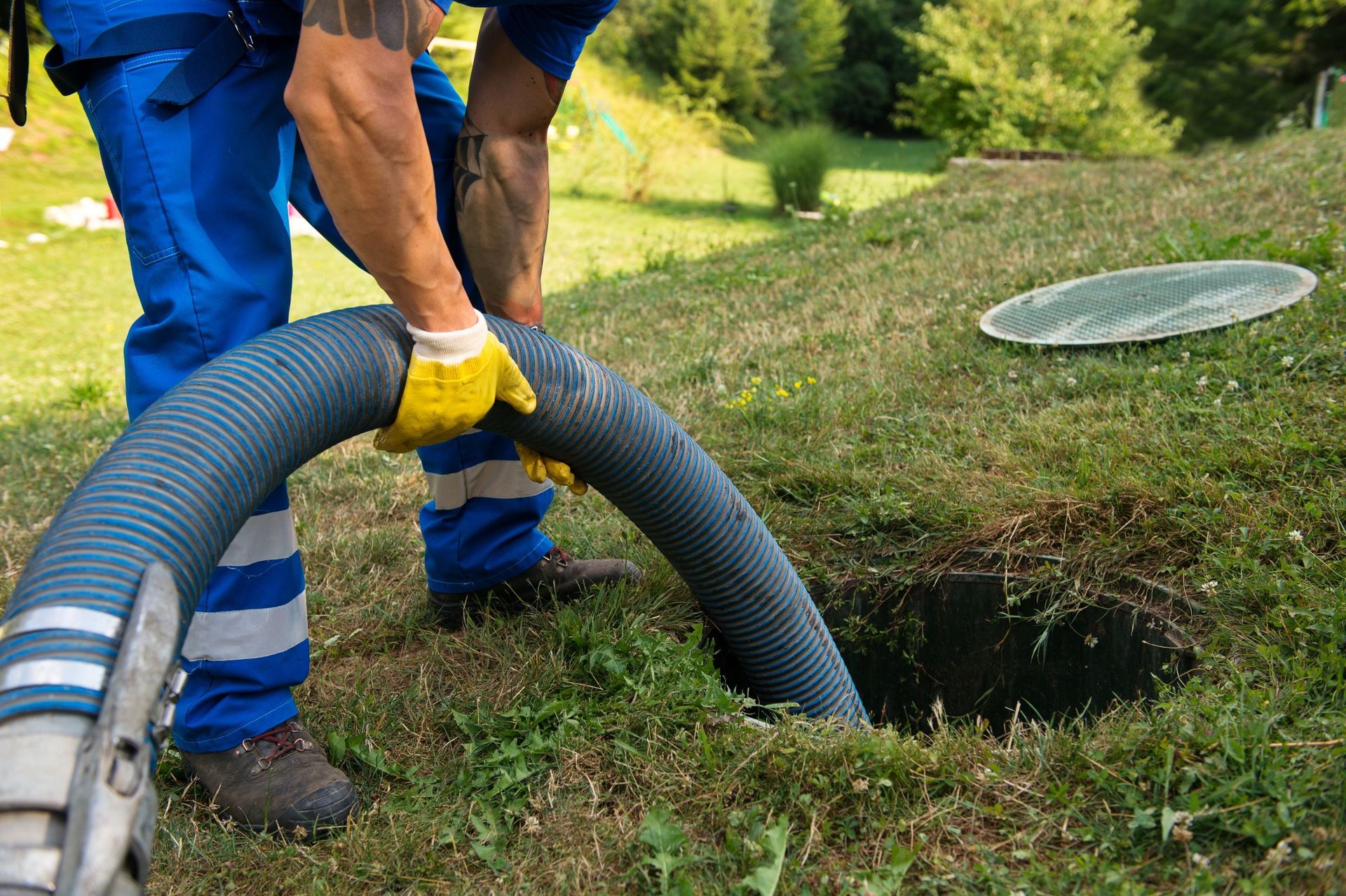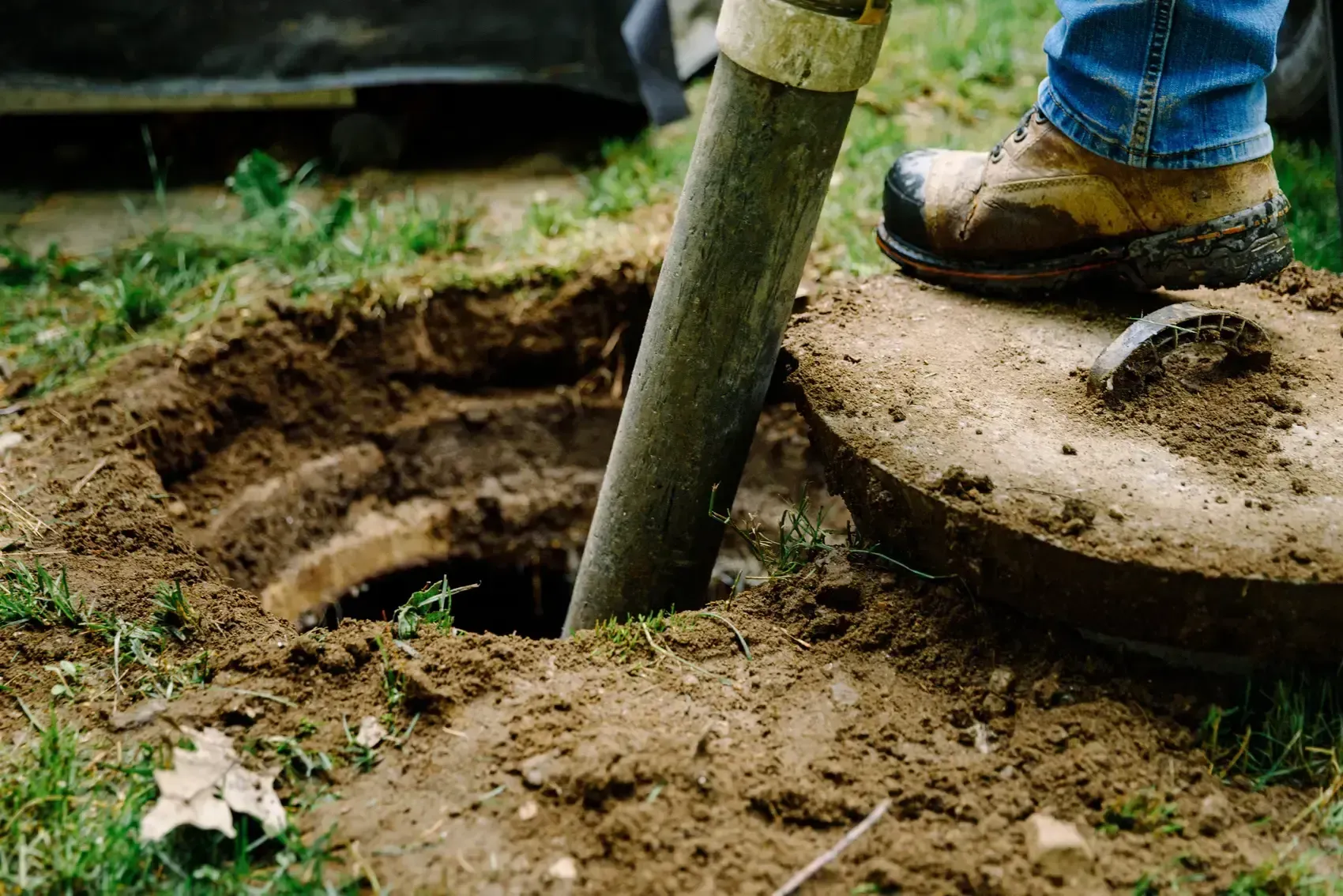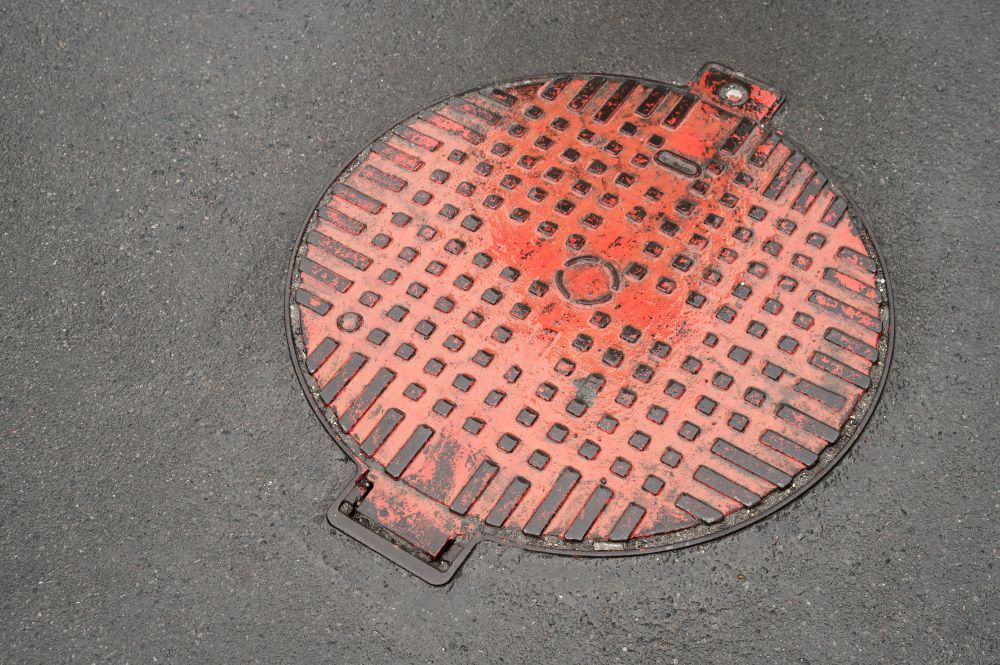Septic System Myths You Should Stop Believing
Let's break down the six most common misconceptions and what’s really going on beneath the surface.
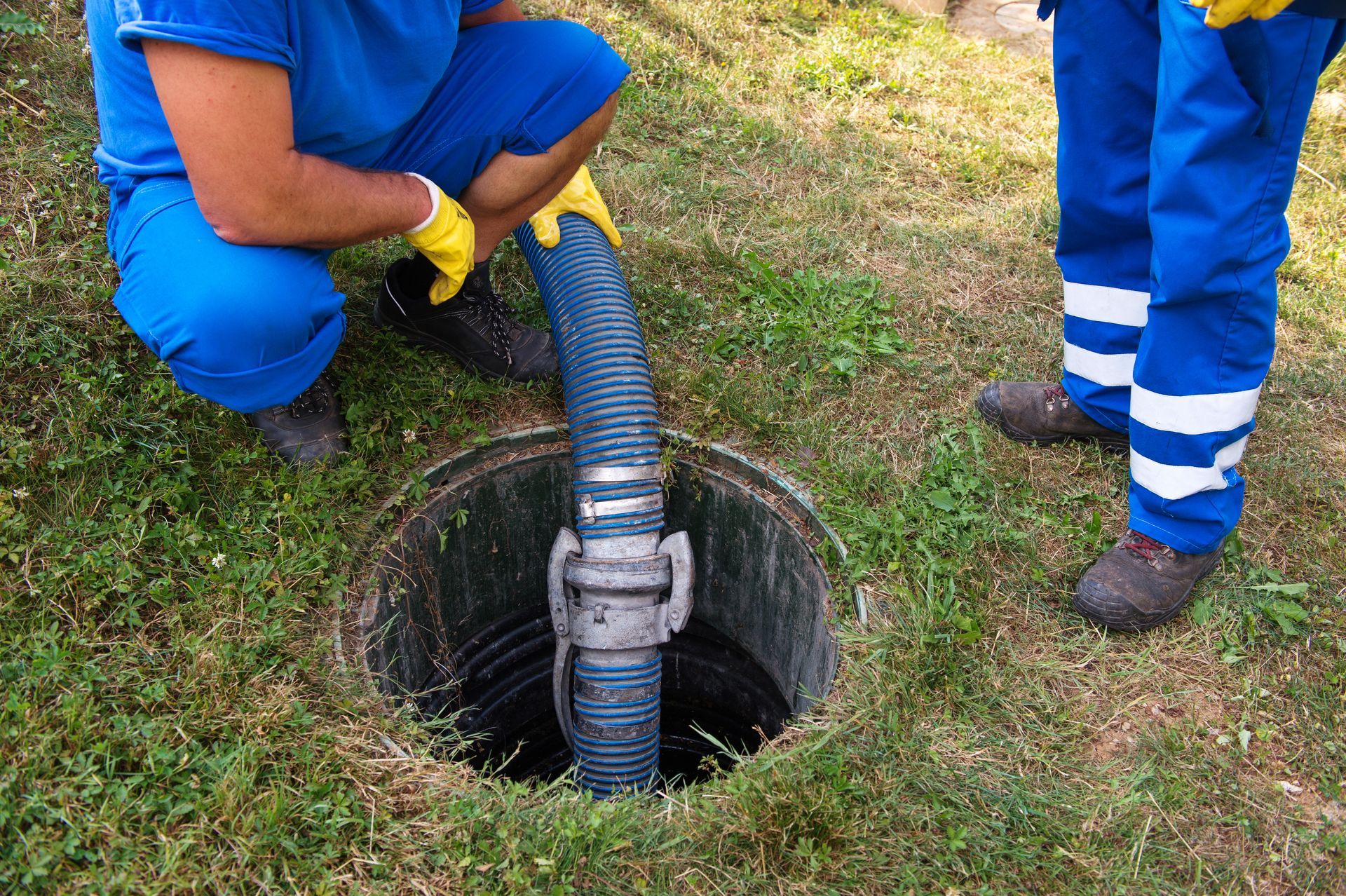
Septic systems tend to fall into the “out of sight, out of mind” category for many homeowners, until something goes wrong. Unfortunately, this mindset has led to several persistent myths that could cost you big in the long run. If you’re relying on a septic system, knowing the truth is the first step to protecting it (and your wallet).
Myth #1: Septic Systems Don’t Need Maintenance
In reality, every Septic system needs regular maintenance. Over time, solids settle at the bottom of your tank. If left to accumulate, these materials can overflow into your drain field, causing blockages, slow drains, and even full system failure.
Most homes need septic tank pumping every three to five years, though this can vary based on tank size, household size, and water usage. If you haven’t had yours pumped recently or don’t remember the last time, it’s worth scheduling an inspection.
Myth #2: Additives Make Pumping Unnecessary
There’s no shortage of products that claim to eliminate the need for pumping by “breaking down” solids inside your tank. They can disrupt the natural bacterial balance inside your tank, leading to improper waste breakdown. In some cases, they can even damage your system’s components.
Nothing replaces the need for regular septic pumping. Instead of relying on chemicals, the best solution is to stick to a proper maintenance schedule with a licensed professional.
Myth #3: No Smell Means No Problems
Septic issues can show up in much subtler ways, such as slow-draining sinks, gurgling toilets, or unusually lush or soggy patches of grass in your yard.
In fact, by the time you smell something, the issue may already be serious. Paying attention to early red flags gives you a better chance of catching problems before they become major repairs.
Myth #4: If It Fits, You Can Flush It
Your toilet isn’t a trash can. Even if something physically flushes, that doesn’t mean it belongs in your septic system. Items like wipes (even those labeled “flushable”), paper towels, feminine hygiene products, grease, and coffee grounds can all cause major clogs or disrupt how your system works.
The only things that should ever be flushed are human waste and toilet paper. Everything else should go in the trash. Following this one rule can significantly extend your system’s life and reduce the risk of unexpected backups.
Myth #5: Septic Systems Last Forever
While well-maintained septic systems can last anywhere from 20 to 30 years, they’re not immune to aging. Their longevity depends heavily on how they're treated. Overuse, neglect, and harsh cleaning chemicals can all take years off a system's lifespan.
Protecting your system means pumping it regularly, being careful about what goes down your drains, and avoiding heavy equipment or construction over your drain field. Septic care isn’t just about preventing immediate issues, it’s about protecting a long-term investment in your property.
Myth #6: DIY Repairs Are Safe and Easy
When something goes wrong, it might be tempting to investigate or fix it yourself. But septic systems are far more complex than they appear, and handling them without proper training can be dangerous.
Professionals have the equipment and knowledge to diagnose problems accurately, make repairs safely, and ensure everything complies with local health and environmental codes. Attempting a DIY fix could not only make the issue worse but also put your health at risk due to exposure to harmful bacteria and gases.
Don’t wait for a bad smell or a soggy yard to signal trouble. Call Arkie Rogers Septic Services at 207-892-9126 to schedule service with a certified technician and keep your system working smoothly.
